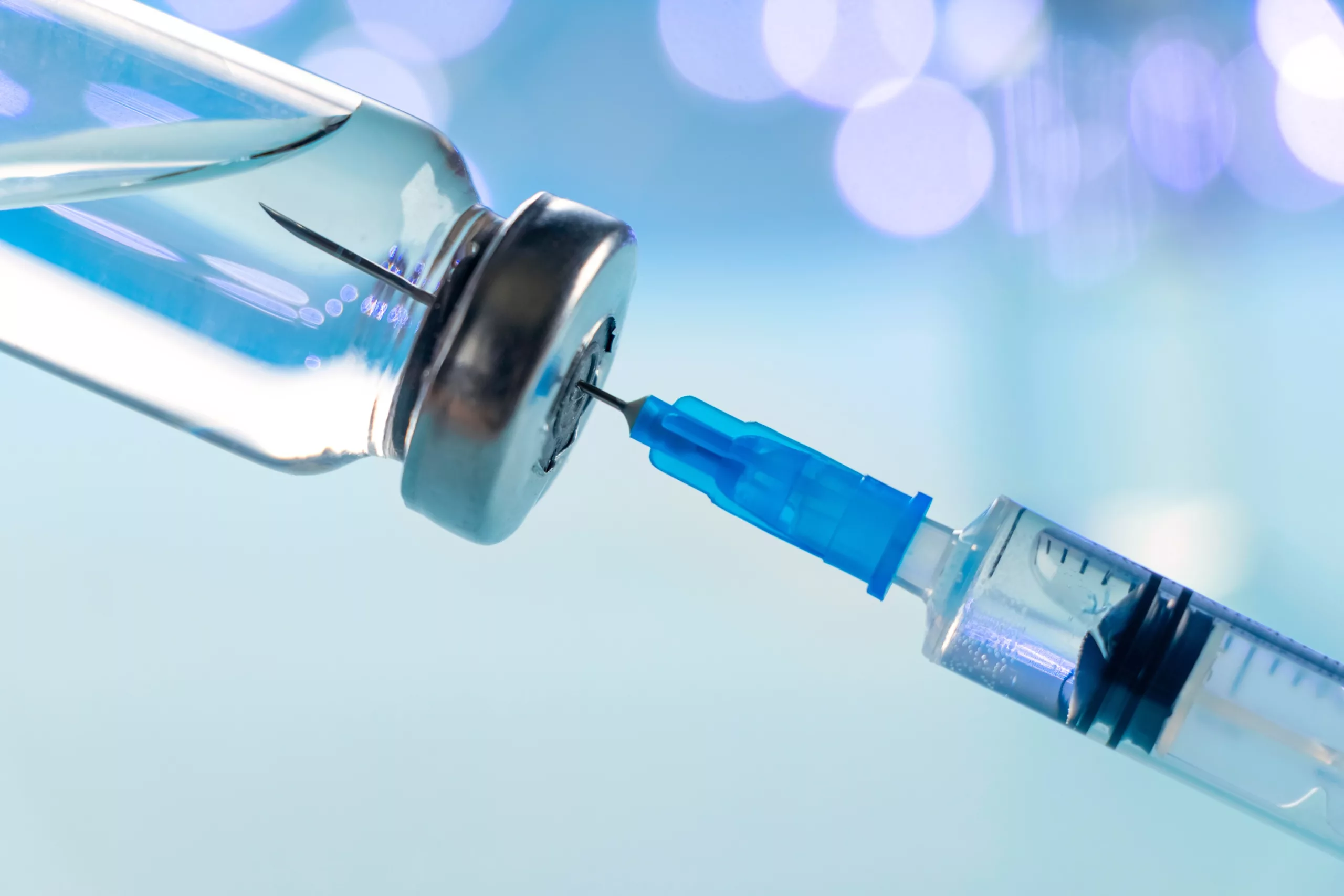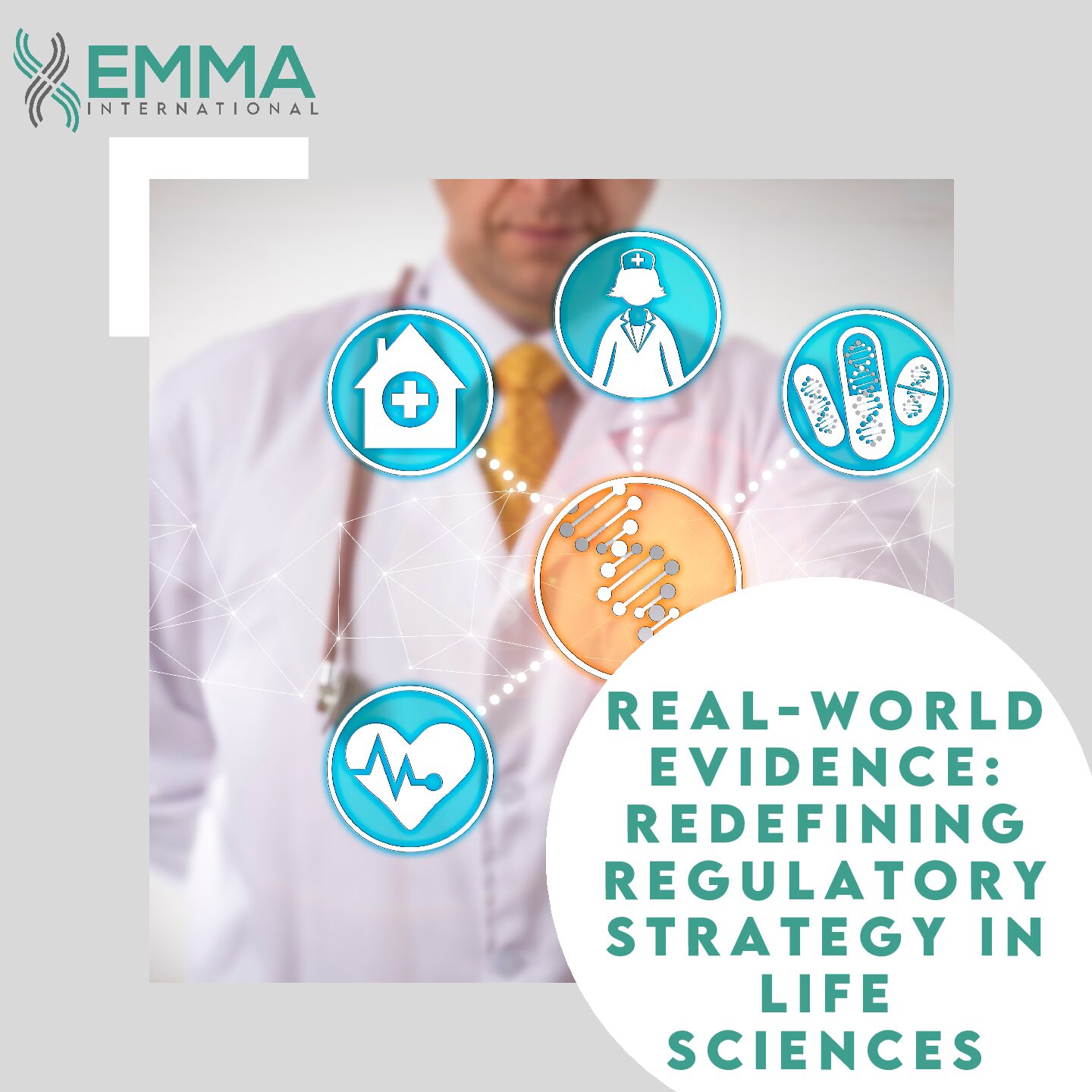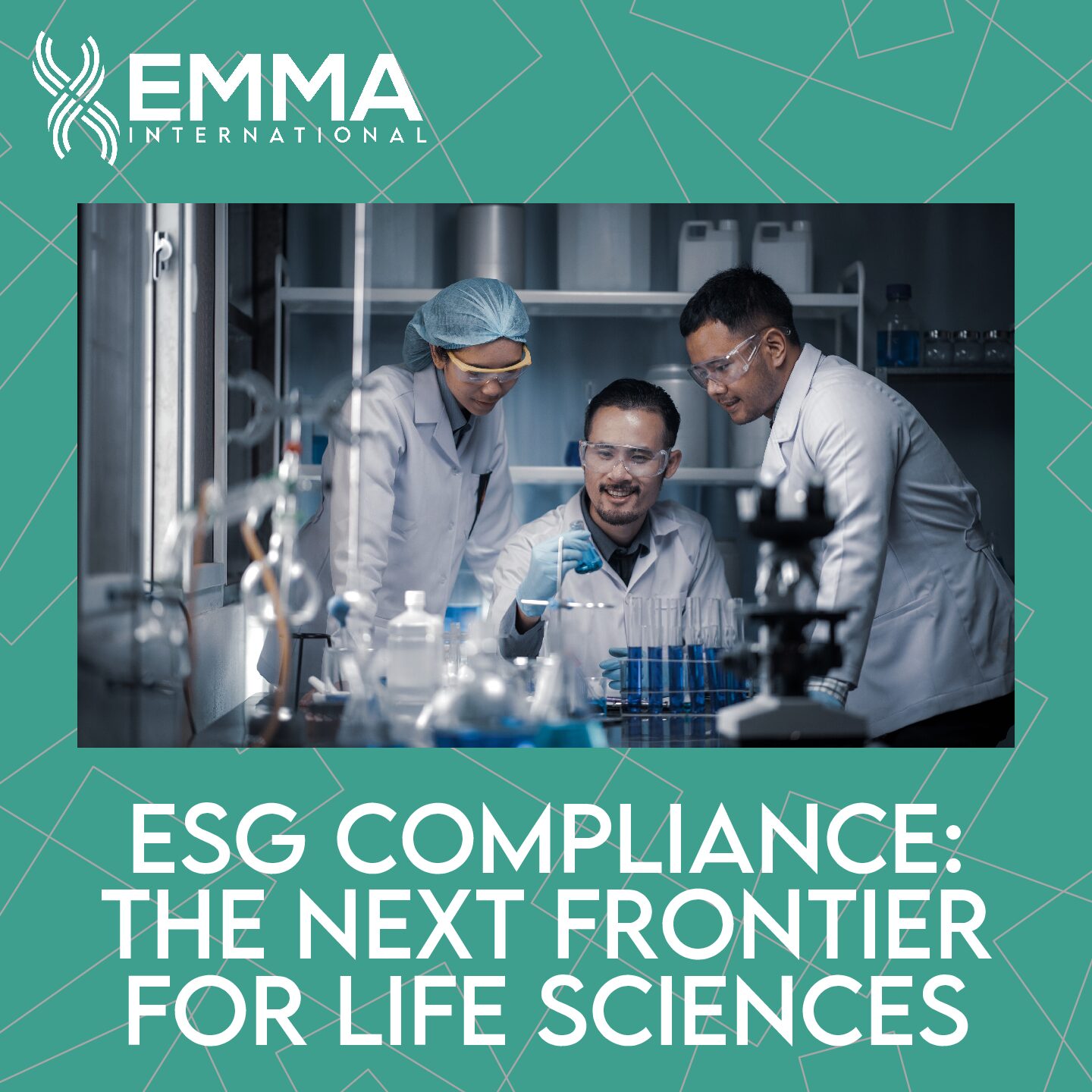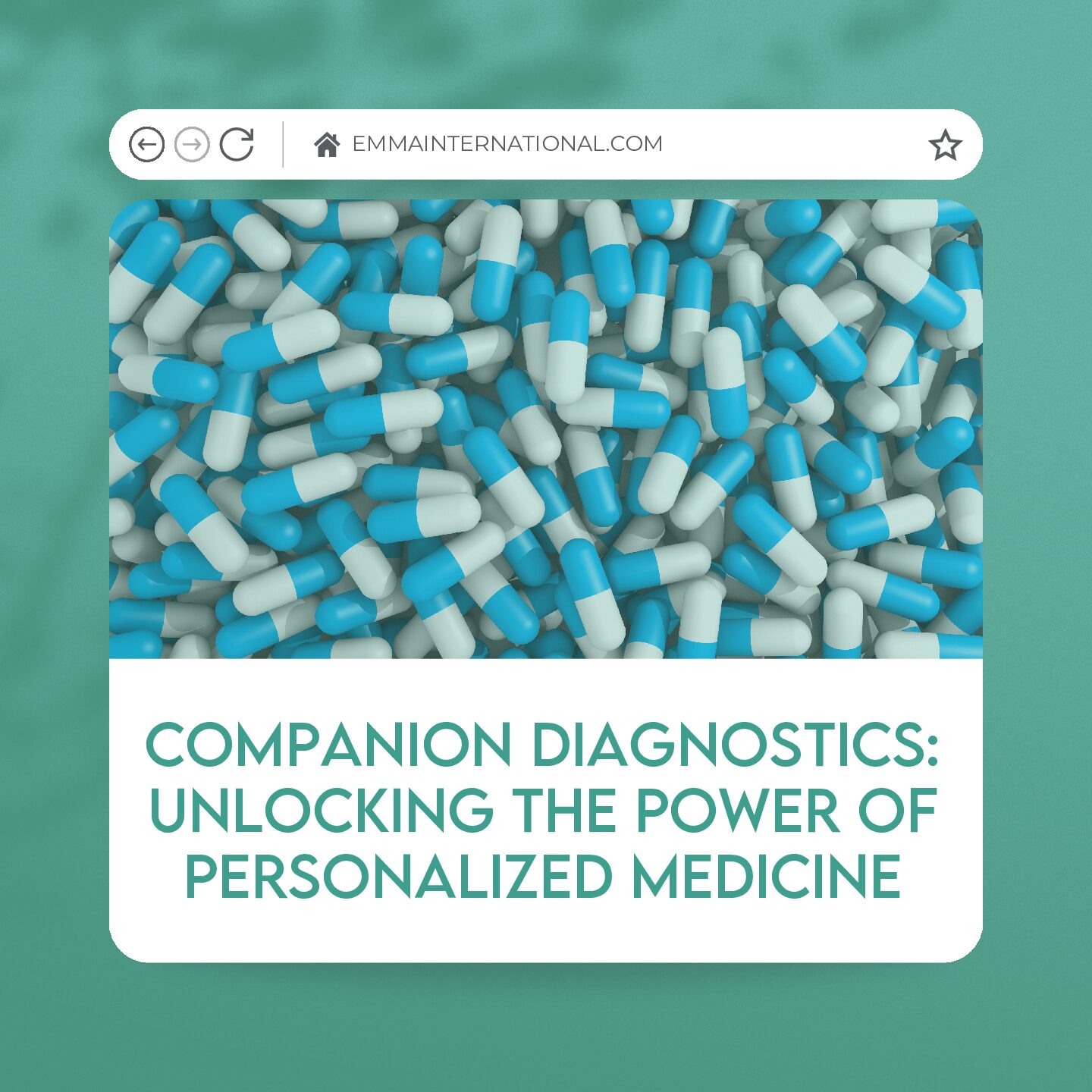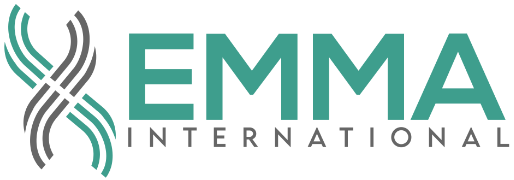In the pharmaceutical industry, maintaining stringent quality standards is paramount to ensure the safety, efficacy, and purity of drug products. An integral aspect of quality assurance is environmental monitoring, which involves the systematic surveillance of manufacturing environments to detect and control potential sources of contamination. This blog will explore the importance of environmental monitoring in pharmaceuticals and delve into some key techniques used in this critical process.
The pharmaceutical manufacturing environment is susceptible to various sources of contamination, including airborne particles, microorganisms, and cross-contamination from equipment and personnel. Contaminants can compromise product quality, leading to batch rejections, recalls, and, in severe cases, patient harm. Environmental monitoring serves as a proactive measure to identify and mitigate contamination risks, ensuring compliance with regulatory requirements and safeguarding product integrity.
Key Techniques in Environmental Monitoring:
Airborne Particle Monitoring:
- Particle Counting: Airborne particle counters are used to measure the concentration and size distribution of particles in the air within critical areas such as cleanrooms and aseptic processing areas. This helps assess the effectiveness of air filtration systems and identify potential sources of particle contamination.
- Microbial Air Sampling: Microbial air samplers are employed to collect air samples for microbial analysis, detecting the presence of airborne bacteria, fungi, and other microorganisms. This technique is essential for assessing the microbial cleanliness of cleanroom environments and ensuring compliance with microbial limits.
Surface Monitoring:
- Swabbing and Contact Plates: Surface sampling techniques involve swabbing or using contact plates to collect samples from various surfaces, equipment, and manufacturing areas. These samples are then analyzed for microbial contamination to assess the cleanliness of surfaces and identify potential sources of contamination.
- Settle Plates: Settle plates are passive sampling devices placed in critical areas to collect airborne particles and settle microbial contaminants. After a specified exposure period, settle plates are incubated to enumerate and identify viable microorganisms present in the environment.
Water Monitoring:
- Total Organic Carbon (TOC) Analysis: TOC analysis is used to measure the organic carbon content in purified water systems, which can serve as a nutrient source for microbial growth. Monitoring TOC levels helps ensure the quality and purity of water used in pharmaceutical manufacturing processes.
- Microbial Testing: Microbial testing of water samples involves culturing and enumerating microorganisms present in water sources used for pharmaceutical manufacturing. This helps detect and control microbial contamination, preventing potential product contamination during formulation and production.
Personnel Monitoring:
- Gowning and Glove Integrity Testing: Personnel monitoring involves assessing the effectiveness of gowning procedures and glove integrity to prevent microbial shedding and cross-contamination. Techniques such as glove leak testing and gowning qualification ensure that personnel maintain aseptic conditions during manufacturing operations.
Environmental monitoring is a critical component of quality assurance in the pharmaceutical industry, serving as a proactive measure to detect and control contamination risks in manufacturing environments. By employing a combination of air, surface, water, and personnel monitoring techniques, pharmaceutical companies can uphold stringent quality standards, comply with regulatory requirements, and safeguard the integrity of drug products. As technology and regulatory expectations continue to evolve, environmental monitoring remains a cornerstone of pharmaceutical quality assurance, ensuring the safety and efficacy of medicines for patients worldwide.
EMMA International’s team of pharmaceutical experts can help your organization ensure that you have a robust Environmental Monitoring program. Call us at 248-987-4497 or email info@emmainternational.com to learn more!
FDA (Sep 2004) Sterile Drug Products Produced by Aseptic Processing — Current Good Manufacturing Practice retrieved from: https://www.fda.gov/media/71026/download

